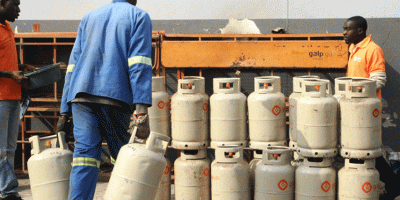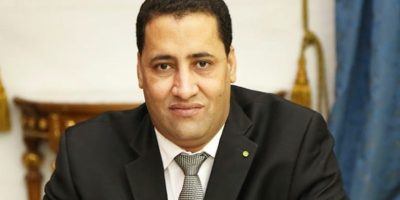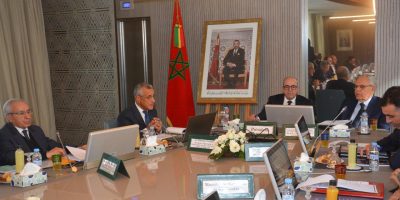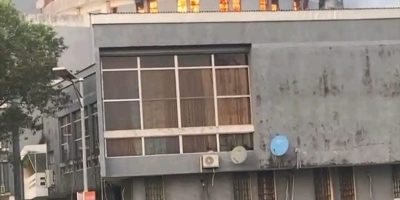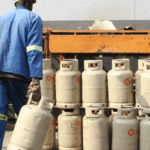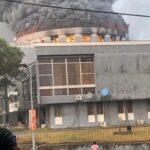MBABANE – Mozambique’s Constitutional Council officially declared Daniel Chapo, the Frelimo-backed candidate, as the winner of the 2024 presidential election, securing 65.17 per cent of the vote.
This announcement follows a month-long period of intense political turbulence, with Chapo succeeding outgoing President Filipe Nyusi. The formal declaration was made by the President of the Constitutional Council, Lúcia Ribeiro, after a prolonged reading of the ruling. Despite acknowledging significant irregularities in the electoral process, Ribeiro maintained that these did not alter the overall outcome. The final count saw Venâncio Mondlane, the second-placed candidate, garner 24.19 per cent, while Ossufo Momade and Lutero Simango trailed with 6.62 per cent and 4.02 per cent, respectively.
Proclamation
As the proclamation was read aloud in the council’s chambers, protests erupted in the streets, with Mondlane’s supporters taking to the roads, burning tyres in defiance of the results. Mondlane’s party, the Extraparliamentary Optimistic Party for the Development of Mozambique (Podemos), had previously rejected the election outcome, claiming widespread fraud.
This final announcement confirms Chapo’s victory, in line with an earlier result issued by the National Election Commission (CNE) in October. At the time, the CNE reported Chapo’s victory at a slightly higher margin of 70.67 per cent. The commission’s initial results were met with widespread protests, particularly from Mondlane, who argued that the vote had been rigged. These demonstrations, which spiralled into violent clashes between protesters and the police, led to over 130 fatalities in the weeks that followed.
The October 9 elections were pivotal, as they not only decided the country’s next president, but also saw legislative, provincial assembly and governor elections. The elections marked the first time in over a decade that President Filipe Nyusi, having completed his two terms in office, did not stand for re-election. Mondlane, who had placed second, was a distant contender, receiving 20.32 per cent of the vote according to the CNE. The violence and protests, however, are part of a wider narrative that has been unfolding in Mozambique over the past decade. The country has seen a pattern of contested elections, with allegations of fraud, political violence and insurgent groups challenging the legitimacy of the central government.
Protests
The protests that followed Chapo’s declaration of victory have added to the growing frustrations within the population, particularly among those who feel excluded from the political process. In the middle of these tensions, the launch of the Turbo V8 by Venâncio Mondlane promises a bold, yet divisive move in the political landscape. As the leader of Podemos, Mondlane has been an outspoken critic of Frelimo’s rule, and his party’s vision for the future of Mozambique is framed around economic development and infrastructure, symbolised by the unveiling of this new vehicle model.
The launch of the Turbo V8 reflects Mondlane’s desire to offer a tangible symbol of change and a challenge to the establishment, but it has done little to quell the unrest simmering beneath the surface of Mozambique’s fraught political scene. As Mozambique moves forward into a new era of leadership under Chapo, the country faces significant challenges, not only in the aftermath of a contested election, but also in managing the growing disillusionment of its people. The political uncertainty continues to simmer, with Mondlane’s critics warning that the violence and division may persist for the foreseeable future.

